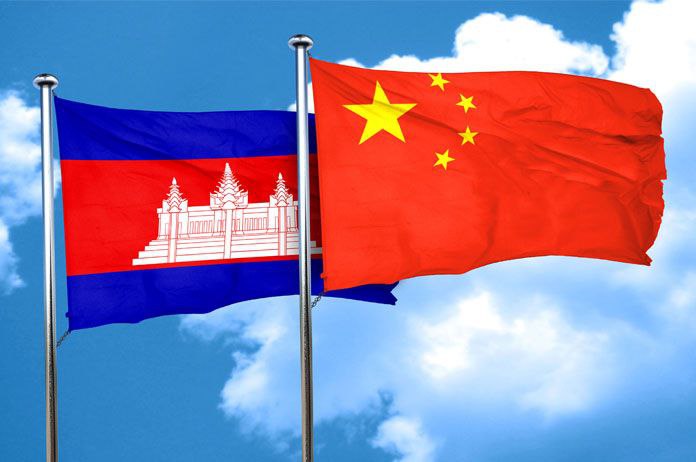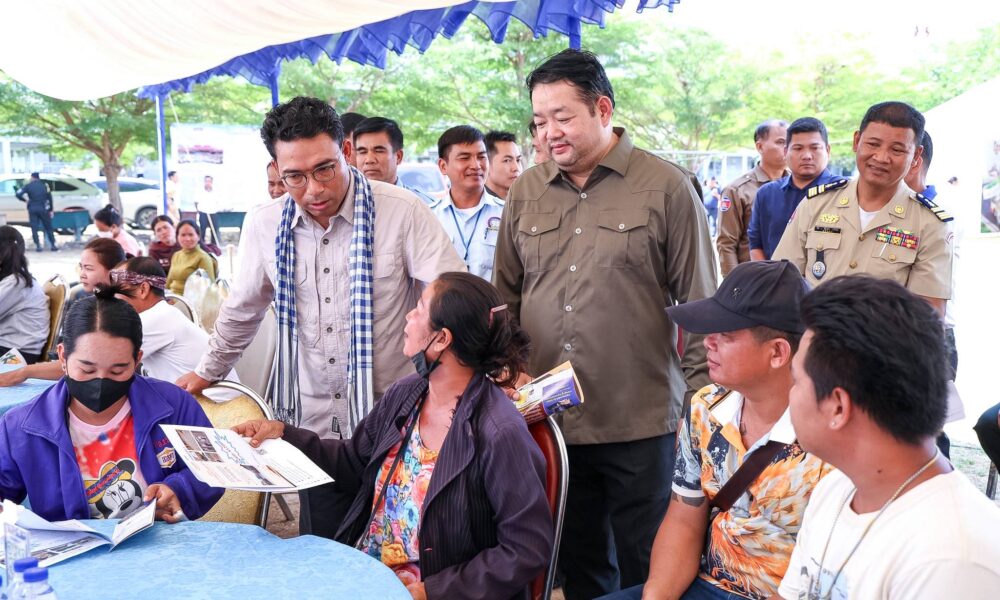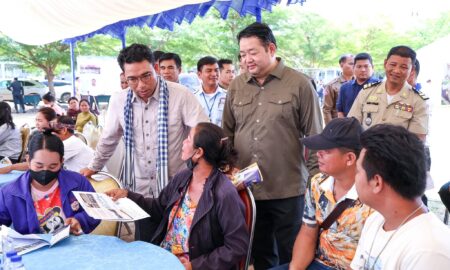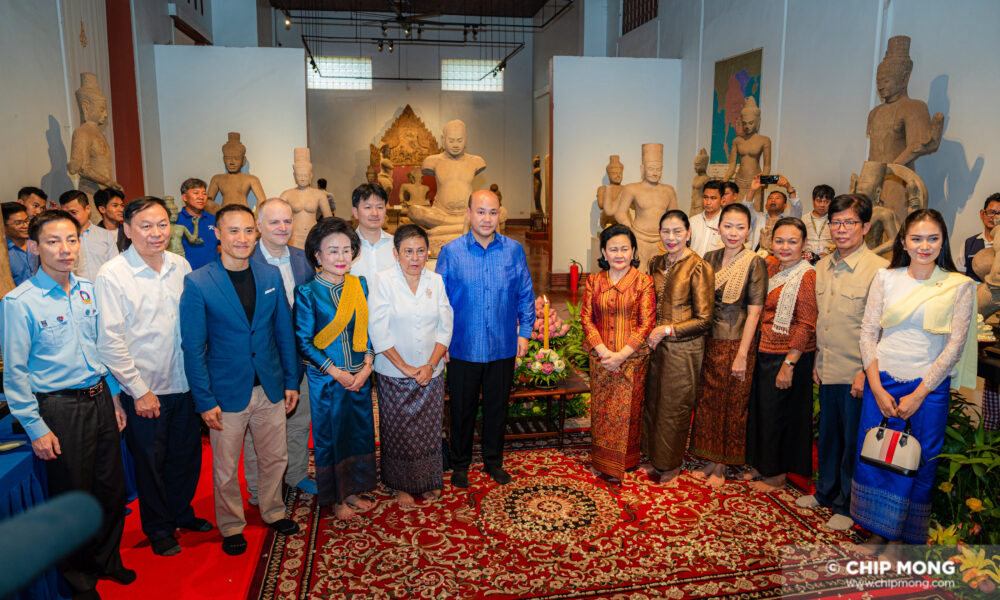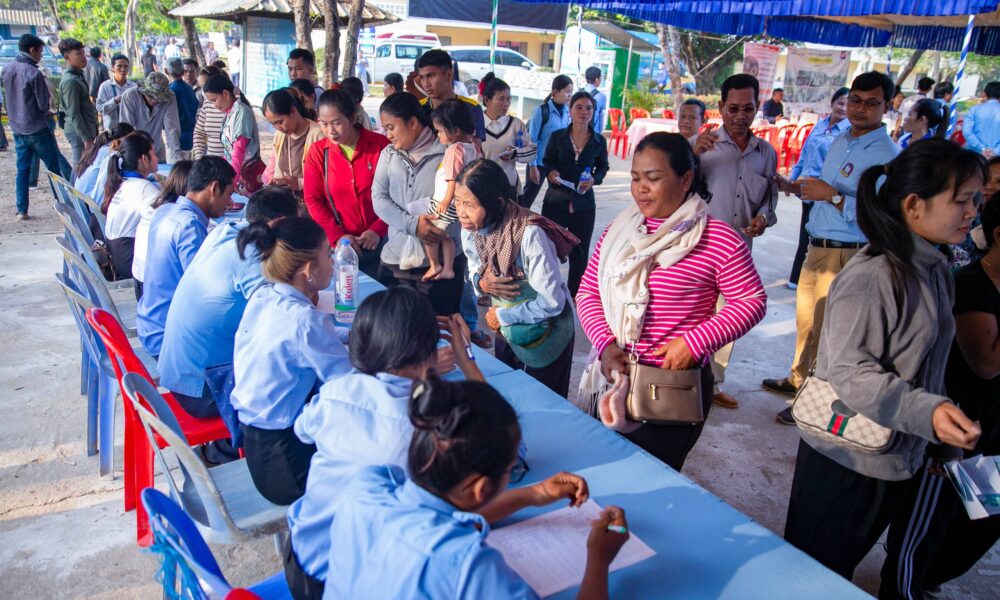China-Cambodia relations are entering a new spring, with vast potential for cooperation, particularly in the areas of trade, investment, and infrastructure. New opportunities are emerging thanks to a series of policies introduced at China’s 20th Third Plenary Session, which include institutional opening-up, enhancements to the Belt and Road Initiative (BRI), and reforms in the foreign trade system. In an interview, Professor Xu Mingzhi from Peking University’s Institute of New Structural Economics (INSE) and Dr. Sun Jingyi analyzed the impact of these reforms. They believe that these measures will reduce trade costs, improve the business environment, and spur growth in trade and investment between China and Cambodia.
Strengthening Trade Ties: China’s new policies are set to deepen economic ties with Cambodia by reducing trade costs and improving the business environment. For 12 years running, China has been Cambodia’s largest trade partner and its main source of foreign investment. In the first seven months of 2024 alone, Cambodia’s exports to China surged to $975 million, a 19.7% increase from the previous year. Imports from China grew even more, reaching $7.75 billion, up 23.4%.
According to Professor Xu Mingzhi, the “institutional opening-up” policies discussed during the Plenary Session signal China’s intention to further open its markets for goods, services, capital, and labor. These reforms will bring China in line with high-standard international trade regulations, lowering trade and compliance costs, reducing market uncertainties, and facilitating smoother entry of Cambodian exports like rice and rubber into the Chinese market. This broader market access is expected to strengthen the economic partnership between the two nations, benefiting both sides and solidifying China’s role in supporting Cambodia’s economic growth.
Boosting Infrastructure Cooperation: China and Cambodia are set to deepen their infrastructure collaboration under the BRI, which has already delivered significant results. Joint projects such as the Sihanoukville Special Economic Zone and the Phnom Penh-Sihanoukville Expressway have become benchmarks of this cooperation.
Professor Xu emphasized the importance of integrating land, sea, and space networks, while pushing forward both large-scale flagship projects and smaller, community-focused initiatives. These infrastructure projects, which include the development of roads, bridges, ports, and airports, are expected to boost Cambodia’s investment climate, making it more attractive to foreign investors. This is particularly crucial for Cambodia’s export-driven economy, as enhanced infrastructure will facilitate smoother trade flows and contribute to sustained economic growth.
Expanding Investment Channels: Chinese companies are set to gain easier and more efficient access to investment opportunities in Cambodia, thanks to new reforms aimed at enhancing China’s outbound investment mechanisms. These changes, according to Dr. Sun, will streamline the management of foreign investments and boost international cooperation on industrial and supply chains. Already Cambodia’s largest source of foreign direct investment (FDI), China currently accounts for 45.6% of Cambodia’s total FDI. The reforms will simplify investment processes for Chinese firms, improving efficiency and reducing barriers. As a result, the changes are expected to increase Chinese interest in Cambodia, driving further investment and strengthening economic ties between the two nations.
China’s forward-looking reforms are ushering in a new era of shared growth and cooperation with Cambodia, opening up fresh opportunities in trade, infrastructure, and investment. By fostering greater openness and collaboration, these initiatives strengthen economic integration between the two nations, positioning them to capitalize on emerging prospects and drive mutual prosperity. This marks a significant step toward deepening ties and enhancing both countries’ roles in a dynamic and interconnected global economy.


